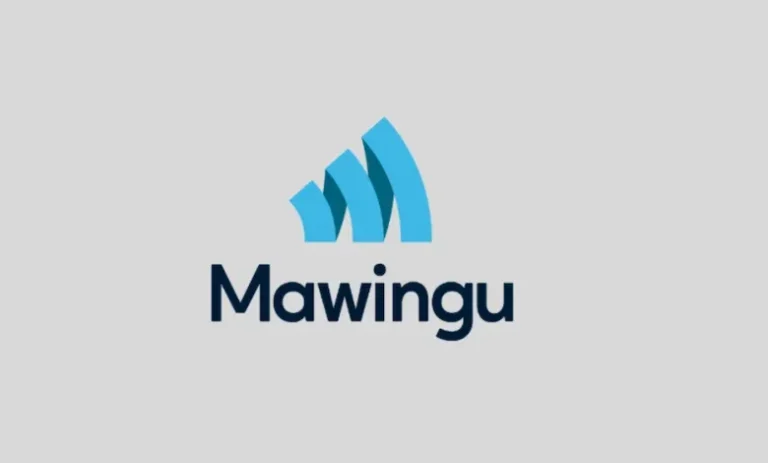Mawingu has indicated that they will exclusively offer fibre and fixed wireless services in a highly competitive market dominated by Safaricom and Jamii Telecoms. Mawingu is Kenya’s fifth largest internet service provider (ISP).
Mawingu which is backed by Microsoft has now moved beyond central Kenya to traditionally overlooked regions in northern and western parts of the country. The company claims that around 10% of its customers will be connected to fibre before the end of the year.
The company has so far laid 20 kilometres of fibre in Isiolo, a town in Eastern Kenya, and plans to do the same in Garissa and other areas. Its packages start at KES 2,500 for a 10 Mbps connection.
Mawingu is a project which was born from the Kenyan government’s unused TV frequency initiative (also known as TV white space) and Microsoft, began experimenting with these frequencies in 2016. The goal was to expand internet access in underserved areas using solar-powered stations and TV white space technology. This trial was a response to Kenya’s digital migration from analog to digital TV broadcasting, which freed up valuable spectrum.
While the ISP was licenced to test the frequencies for internet connectivity by the Communications Authority (CA), TV white space was not a core focus for the company. Setting up TV white space infrastructure requires substantial capital investment, making it a business challenge for smaller ISPs.
Mawingu CEO Farouk Ramji had this to say, “We don’t use TV white spaces anymore. It was a trial. We are just using fixed wireless on the 5GHz channel. The biggest hindrance to TV white space is the unit economics. A single customer premises equipment (CPE) costs about $2,000. You can get the distance (for internet availability) for 20 kilometres, but the economics don’t make sense for rural/peri-urban areas.”
It has managed to survive by serving customers in areas outside the coverage of larger ISPs. Telcos like Telkom Kenya attempted to cater to these customers with services such as the now-defunct Loon service in partnership with Google, which allowed customers to go online using internet-beaming balloons.

